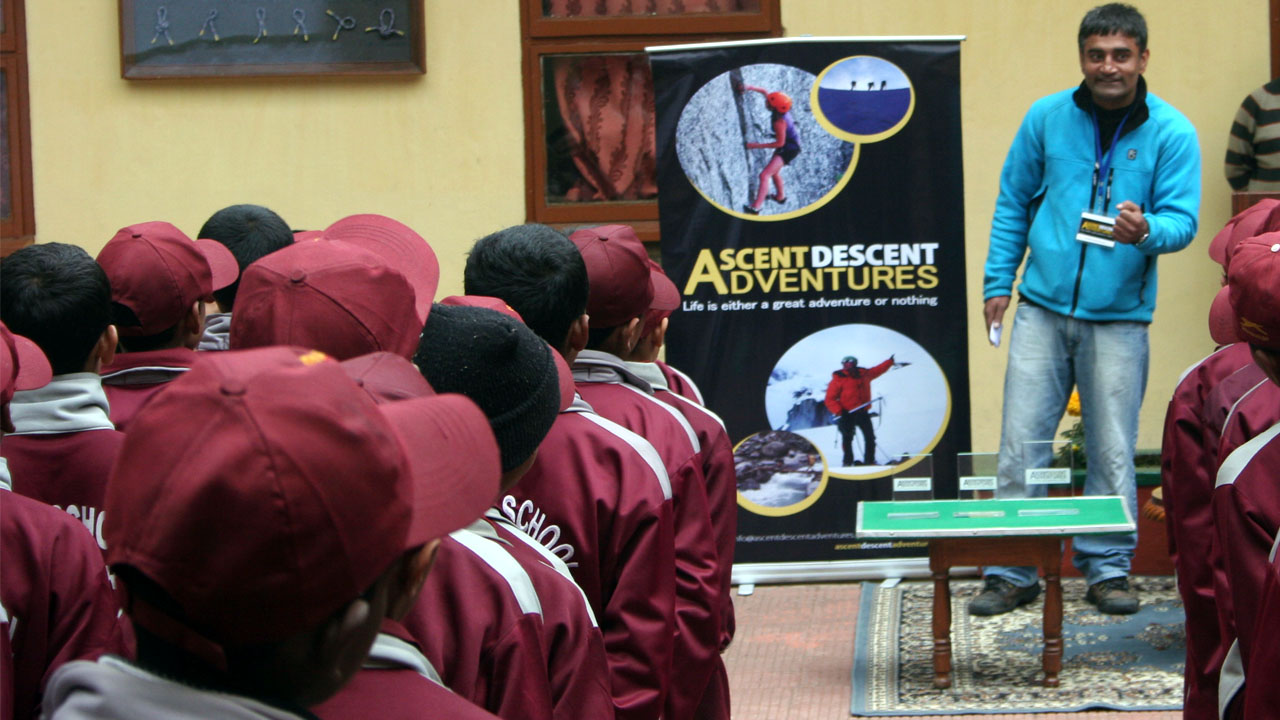Student Training (Experiential Learning)
EL Training
The average student’s attention span is 10 to 15 minutes, yet most classes might run 30 minutes to an hour.
The process of learning through doing is known as experiential learning. Students are better able to apply ideas and information taught in the classroom to real-world issues when they are engaged in hands-on activities and reflection.
‘Learning by Doing’ has long replaced rote or repetitive learning. To provide a training module, the Experiential Learning training approach employs critical thinking, problem-solving, & decision-making. This is a well-known approach for accelerating learning. Traditional Learning approaches, on the other hand, can slow down absorption, cause a loss of interest in the subject, & have minimal influence on the individual.
EL Workshops Experiential Learning training
SPECs 2 Days EL Workshop
- Self-awareness
- Problem-solving /Critical thinking
- Empathy
- Communication
- Skill
REALS 3 Days EL Workshop
- Reflection
- Emotional intelligence
- Attitude and Enthusiasm
- Leadership
- Self-Reliance
PLANT 3 Days EL Workshop
- Professionalism
- Listening
- Action
- Networking
- Teamwork
Active Engagement: The Core of Experiential Learning Training
Student training through experiential learning is a dynamic educational approach that emphasizes hands-on experiences to enhance knowledge retention and skill development. Unlike traditional classroom settings, experiential learning immerses students in real-world scenarios, fostering active participation and critical thinking. Through interactive activities, simulations, and practical exercises, students engage directly with the subject matter, gaining insights that transcend theoretical understanding.
Experiential learning training cultivates problem-solving abilities, teamwork, and adaptability, essential skills for success in today’s competitive landscape. By applying theoretical concepts in practical settings, students bridge the gap between theory and practice, reinforcing comprehension and long-term memory retention. Moreover, experiential learning fosters a deeper appreciation for the subject matter, igniting curiosity and intrinsic motivation.
Through reflective practices and feedback mechanisms, students refine their approaches, learning from both successes and failures. This iterative process instills resilience and a growth mindset, preparing students to navigate diverse challenges in their academic and professional pursuits. Ultimately, student training through experiential learning equips learners with the tools and confidence to excel in their chosen fields.